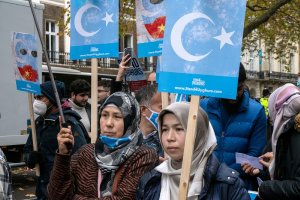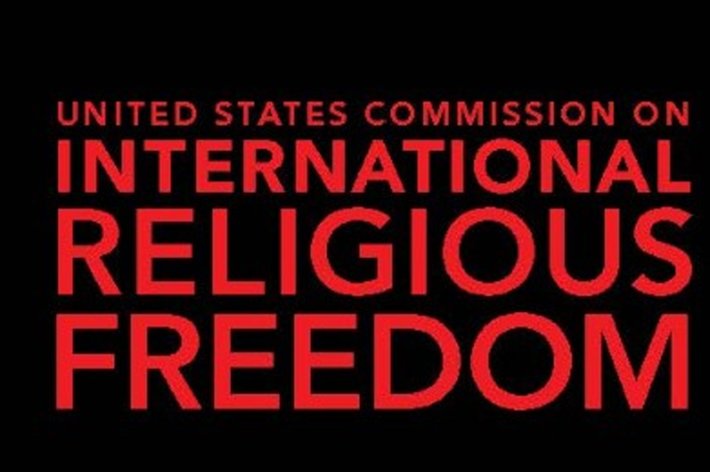Elizabeth Cassidy and Andrew Kornbluth from the U.S. Commission on International Religious Freedom (USCIRF) presented the Commission’s findings on the world’s blasphemy laws October 17 at a conference held at the Newseum’s Knight Conference Center in Washington D.C.

Their presentation demonstrated that rather than protect religious freedom, these laws often invite abuse and lead to violence. In addition to examining the use of these laws in countries such as Saudi Arabia and Pakistan, the panel examined more recent trends, such as the Yarovaya Laws introduced in Russia in 2016 purportedly to counter terrorism.
The Commission’s full report, titled Respecting Rights? Measuring the World’s Blasphemy Laws is available on the USCIRF website and includes the following points:
- Blasphemy laws are astonishingly widespread. Seventy-one countries spread out across many regions maintain such statutes.
- Every one of these blasphemy statutes deviates from at least one internationally recognized human rights principle. Most of these laws fail to respect fully the human right of freedom of expression.
- Five nations with blasphemy laws that deviate the most from international human rights principles maintain an official state religion.
- Most blasphemy laws studied were vaguely worded, as many failed to specify intent as part of the violation. The vast majority carried unduly harsh penalties for violators.
- Most blasphemy laws were embedded in the criminal codes and 86 percent of states with blasphemy laws prescribe imprisonment for convicted offenders. Some blasphemy statutes even impose the death penalty.
Ms. Cassidy is director of international law and policy for the U.S. Commission on International Religious Freedom. She manages USCIRF’s annual report process, supervises policy and research staff, and oversees a substantive portfolio that includes U.N. issues, international and comparative law issues, and U.S. refugee and asylum policy.
Mr. Kornbluth works for the U.S. Commission on International Religious Freedom, focusing on the countries of the former Soviet Union.

Also presenting at the conference were:
- Dr. Ilhan Cagri, senior policy fellow for religious freedom at the Muslim Public Affairs Council (MPAC)
- Asma T. Uddin, director of strategy for the Center for Islam and Religious Freedom, a nonprofit at the intersection of Islam and religious freedom in both the West and Muslim-majority countries
- Melissa Rogers, a nonresident senior fellow in governance studies who served as special assistant to the president and executive director of the White House Office of Faith-based and Neighborhood Partnership during the Obama administration
- Qamar-ul Huda, director of the Security and Violent Extremism Program at the Center for Global Policy and former senior policy advisor to the U.S. Department of State Secretary’s Office of Religion and Global Affairs.


